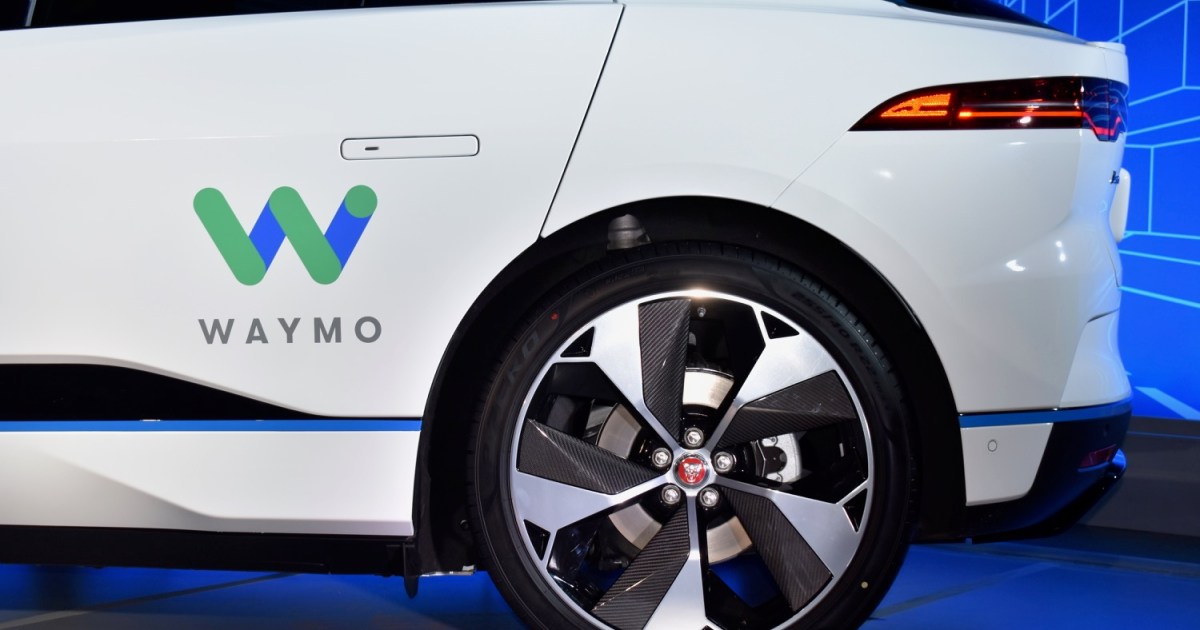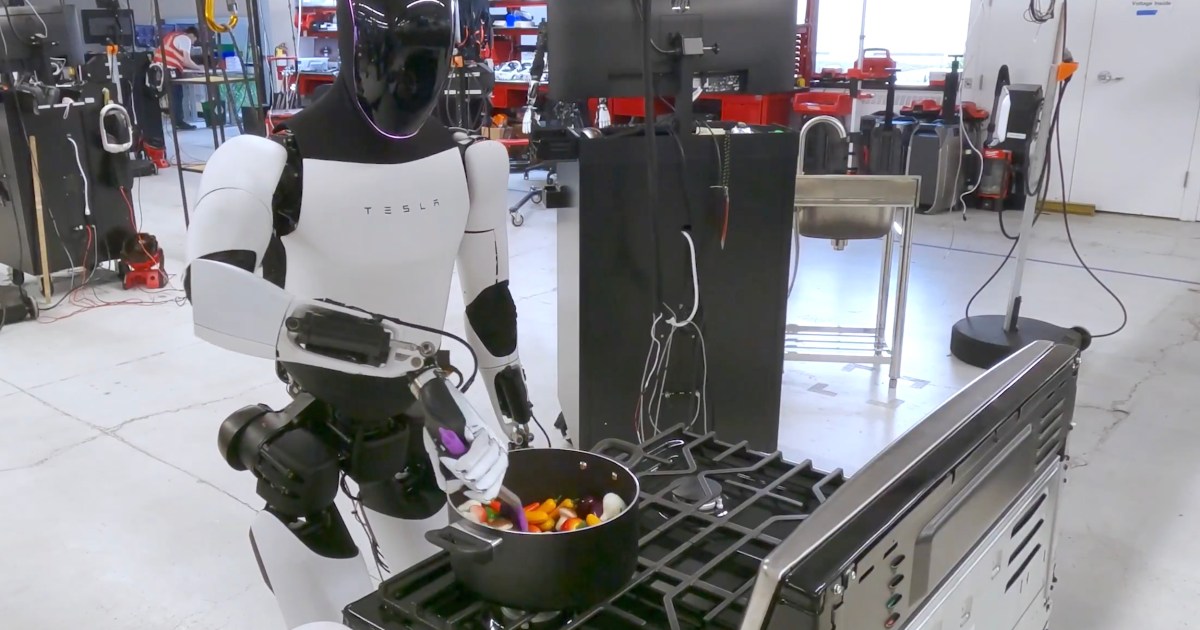Waymo, a leader in autonomous vehicle technology, has made significant strides in offering paid robotaxi services in select U.S. locations. However, the journey toward perfecting self-driving technology is ongoing, and occasional glitches still occur. In 2024, Waymo issued a software recall for over 1,200 autonomous vehicles due to a potential crash risk.
This recall, prompted by an investigation by the National Highway Traffic Safety Administration (NHTSA), addressed a problem with Waymo’s fifth-generation automated driving system software. The issue involved low-speed collisions with roadway barriers like chains and gates. The solution involved updating the affected vehicles to the latest software version.
Reuters reported 16 such low-speed incidents between 2022 and late 2024, thankfully with no reported injuries. Waymo emphasized their commitment to safety and collaboration with the NHTSA, stating, “We hold ourselves to a high safety standard, and our record of reducing injuries over tens of millions of fully autonomous miles driven shows our technology is making roads safer. NHTSA plays a vital role in road safety, and we will continue to work collaboratively with the agency as part of our mission to be the world’s most trusted driver.”
Waymo currently provides approximately 250,000 paid, fully autonomous rides per week across San Francisco, Los Angeles, Phoenix, and Austin, Texas. Expansion plans include Washington D.C., Atlanta, Miami, and even an international venture in Japan.
The incident underscores the challenges inherent in developing fully reliable autonomous driving technology. Increased scrutiny on self-driving car operations followed a 2023 incident in San Francisco involving a Cruise autonomous vehicle. A pedestrian, already struck by a human-driven car, was subsequently run over by the empty Cruise vehicle. Although the pedestrian survived, the incident resulted in significant repercussions for Cruise, including General Motors withdrawing funding.
Waymo’s significant progress and expansion demonstrate the growing potential of autonomous vehicles. The recall, however, highlights the continuous development and refinement needed to ensure safety and reliability. Addressing these challenges remains crucial for the successful integration of self-driving technology into our transportation future.










